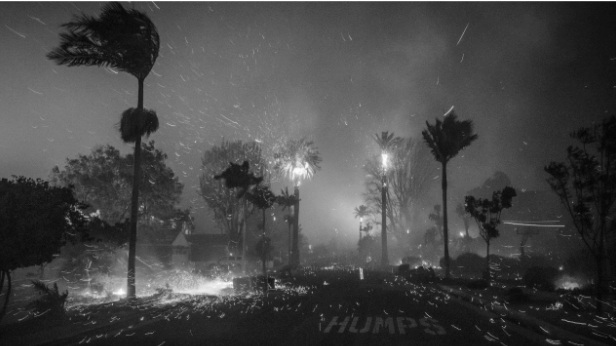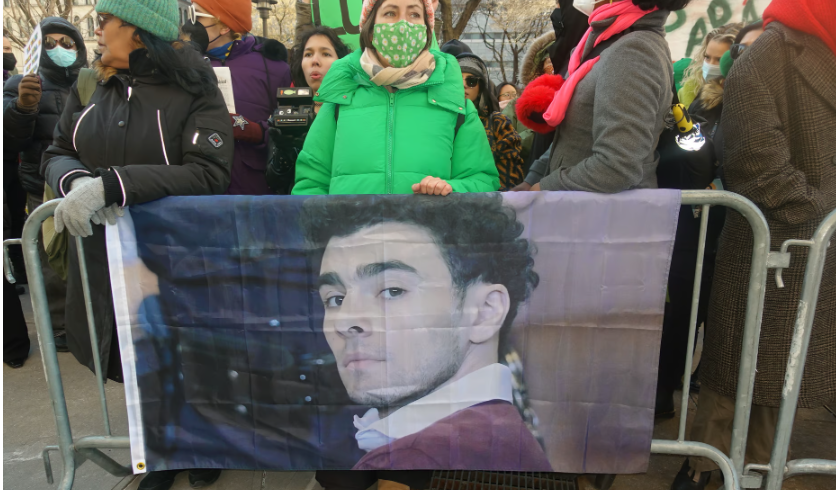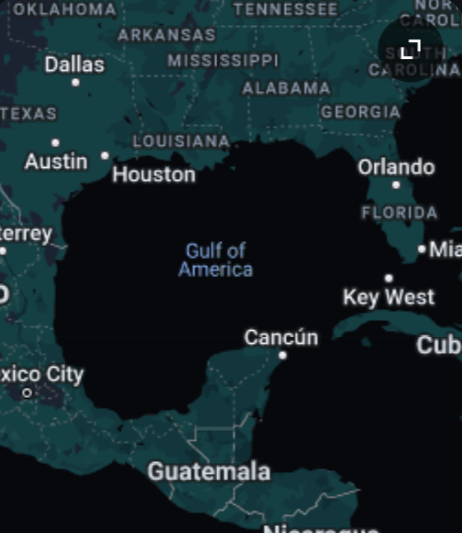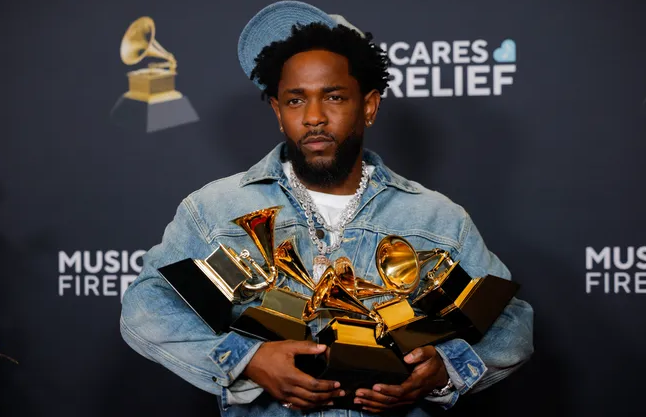Climate change affects world; Scientists, environmentalists concerned about future problems
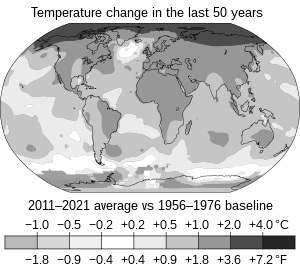
The map above shows the temperature change in the last 50 years. If nothing is done about climate change, extinction will eventually occur.
March 9, 2023
“Climate change refers to long-term shifts in temperatures and weather patterns,” according to The United Nations. “Since the 1800s, human activities have been the main driver of climate change, primarily due to burning fossil fuels like coal, oil, and gas.”
The website continues that burning fossil fuels generates “greenhouse gas emissions that act like a blanket wrapped around the Earth, trapping the sun’s heat and raising temperatures.”
Greenhouse gas emissions have caused issues such as carbon dioxide and methane. The United Nations says that “these come from using gasoline for driving a car or coal for heating a building, for example. Clearing land and forests can also release carbon dioxide. Landfills for garbage are a major source of methane emissions. Energy, industry, transport, buildings, agriculture, and land use are among the main emitters.”
Over the years, the number of emissions has risen, as the Earth is about 1.1°C warmer than it was in the late 1800s, according to The United Nations.
As the website states, “the consequences of climate change now include, among others, intense droughts, water scarcity, severe fires, rising sea levels, flooding, melting polar ice, catastrophic storms, and declining biodiversity.”
“Climate change can affect our health, ability to grow food, housing, safety, and work,” according to The United Nations. People living on small islands are at a higher risk of climate change, due to conditions such as sea-level rises and saltwater droughts putting those people at risk.
Emissions come from everywhere in the world, but they affect everyone. Some countries produce more emissions than others, according to The United Nations. “The 100 least-emitting countries generate three percent of total emissions. The ten countries with the largest emissions contribute 68 percent.”
Science teacher Mrs. Laura O’Leary comments, “the facts are clear, that we are in the midst of climate changes, global warming. These are a result of human actions. We have to do something about them. We have the technology. We just do not have the political willpower, and the science is clear.”
Climate change solutions can improve our lives and protect the environment. Global frameworks and agreements to guide progress include “the Sustainable Development Goals, the UN Framework Convention on Climate Change, and the Paris Agreement.” The three organizations are taking action on “cutting emissions, adapting to climate impacts and financing required adjustments,” respectively, states The United Nations.
“Switching energy systems from fossil fuels to renewables like solar or wind will reduce the emissions driving climate change,” says The United Nations.
The United Nations finishes, “adapting to climate consequences protects people, homes, businesses, livelihoods, infrastructure, and natural ecosystems. Adoption will be required everywhere, but must be prioritized now for the most vulnerable people with the fewest resources to cope with climate hazards.”
